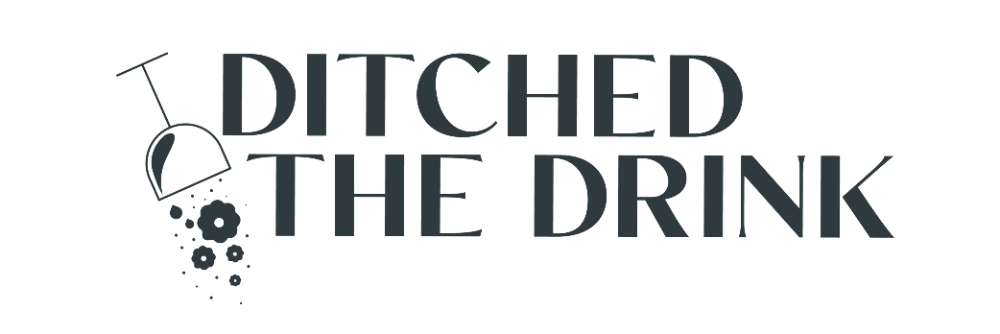GUEST BLOG: Alcohol; The Missing Link to Well-Being
Mar 23, 2020
Alcohol; The Missing Link to Well-Being
When it comes to choosing a healthy beverage, wellness programs traditionally encourage drinking plenty of water, avoiding sugary drinks and limiting alcohol. As more wellness programs take a wider approach to improving well-being, it makes sense to shine a brighter spotlight on alcohol abuse and misuse as it relates to overall well-being, productivity and safety of employees. It’s a well-known fact that many people react to stress with alcohol. What is less well known is that alcohol exacerbates stress.
Drinking alcohol can have a domino effect on the life of the drinker and those around them.
While a company Employee Assistance Program (EAP) is one of the most efficient ways to help both employees and the families of people with alcohol and substance abuse problems to seek assistance and recovery, workplace wellness programs have an opportunity to inform even occasional drinkers about the consequences of using alcohol as a coping mechanism for stress.
Excessive drinking can lead to the development of chronic diseases and other serious problems. Alcohol when habitually used to relieve stress, leaves missed opportunities to embrace positive coping skills, may hurt one’s ability to deal with the situation causing the distress and has other more short-term negative side effects than expected.
Here are a few short-term side effects that most people don’t consider:
Sleep. Getting quality sleep each night helps with brain function, reduces stress, improves mood, helps memory, regulates weight, reduces inflammation and may help prevent cancer.
Alcohol interferes with quality of sleep. The more one drinks and the closer to bedtime, the more it negatively impacts sleep. For many people who drink moderately, falling asleep more quickly may seem like an advantage, but the alcohol goes on to affect the entire night of sleep to come.
Mental Health. Alcohol is a depressant, which means it can disrupt the delicate balance of chemicals and processes of the brain, affecting our thoughts, feelings and actions. A glass of wine after a hard day may help one relax at first, but can contribute to feelings of depression and anxiety, making stress harder to deal with.
Decision Making. Alcohol decreases activity in the prefrontal cortex, the part of the brain that helps you think clearly and rationally. It changes the way you think, feel, act and can hamper the ability to make good decisions.
Extreme Emotions. Drinking alcohol can lower the serotonin levels in the brain, which can take away the body’s natural ability to regulate moods. Situations may get out of hand faster than they would if not drinking.
Accidents. Alcohol increases unintentional injuries such as car accidents, falls, burns and other damage.
Using alcohol to escape from the pressure of a problem is a risky behavior that can turn into a conditioned response, building a habit that can turn into a major dependence on alcohol. It’s important to have coping strategies that don’t involve drinking.
Workplace wellness programs have the opportunity to help employees build healthier strategies for dealing with stress and to avoid alcohol.
About the Author:
Amy Cohen is the president and founder of Inspired Perspectives LLC, an employee engagement company whose mission is to improve business performance by shaping mental mindset and empowering employees to live more purposeful, happier lives that optimize vitality inside and outside of the job. Inspired Perspective’s is a Woman Owned Business, Nationally Certified through WBENC (Women’s Business Enterprise) and in the state of Florida.
Find more resources and tools at www.InspiringPerspectives.com
